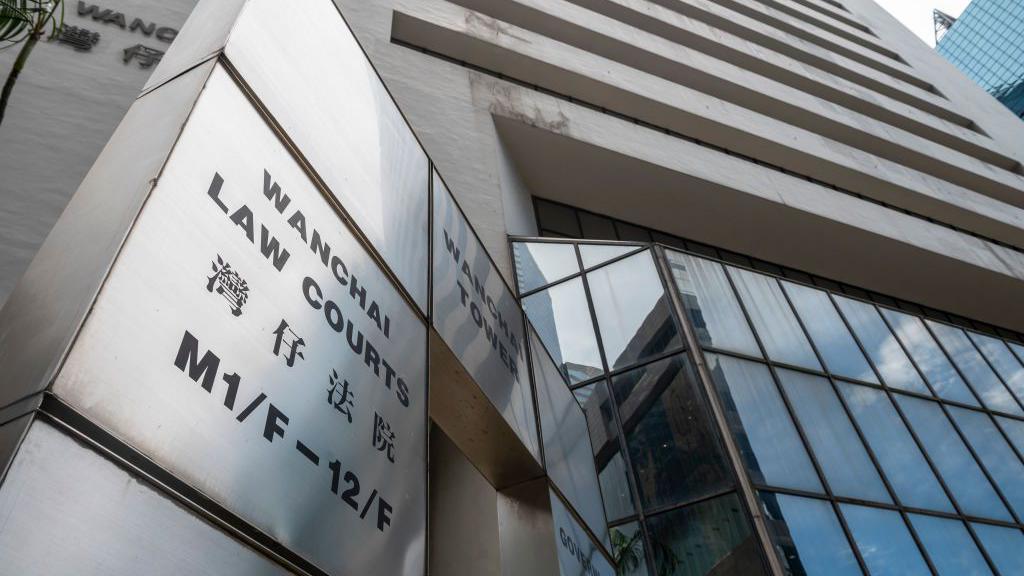A Portuguese man has become the first European citizen jailed under the China-imposed National Security Law in Hong Kong, a law widely criticised by rights groups.
Joseph John, also known as Wong Kin-chung, holds dual Portuguese and Hong Kong nationality and was previously based in the UK.
He was arrested for posting pro-independence and anti-China content on social media, after returning to Hong Kong to visit family in 2022
In February, he was convicted of “secession” and on Thursday sentenced to five years in jail.
Under the law, secession is the offence of advocating for Hong Kong to break away from China.
John, 41, had previously been the head of a little-known group calling itself the Hong Kong Independence Party, where he operated the group’s Facebook and other social media accounts as well as a UK-registered website.
The group advocated for foreign intervention into China’s rule over Hong Kong following the 2019 pro-democracy protests.
In the wake of Beijing’s crackdown on protest, the group called for the the “UK and US to send troops to Hong Kong” with online posts about petitions for foreign intervention and crowdfunding for an independent Hong Kong army.
The pages were shut down in 2022, when John returned to Hong Kong to visit his ailing mother and was arrested by authorities.
Prosecutors charged him with “inciting secession” – or breaking away from China – an offence he pleaded guilty to in February.
In his sentencing trial on Thursday, Judge Ernest Lin said John had “distorted history, demonised China, and appealed to foreign countries to destroy (Hong Kong) and China by political or simply violent means”.
He was sentenced to five years – the mandatory minimum now given to “serious” National Security Law cases. This has become the new legal standard set in the territory in recent years.
John had already been held in custody for 16 months – having been denied bail as defendant charged under the National Security Law. It is now standard practice in Hong Kong for bail rights to be denied to those charged under the law, legal experts say.
Portuguese consular officials as well as representatives from the European Union were in the Hong Kong District Court on Thursday.
Portuguese officials said during John’s detention, they had been denied access to visiting him behind bars.
It’s been reported that Hong Kongers with dual nationality have not been able to receive foreign consular assistance as the city’s officials have been enforcing Chinese nationality rules. Beijing does not allow dual citizenship.
John is believed to be the first dual national and first foreign citizen jailed under the Beijing’s National Security Law, which was imposed in response to the massive street protests that rocked Hong Kong in 2019 where demonstrators protested China’s increased rule and called for greater democratic rights.
Since it was enacted in 2020, more than 290 people have been arrested under the law, with 174 people charged with national security crimes and 112 convicted.
It criminalises anything considered as secession, which is breaking away from China; subversion, which is undermining the power or authority of the central government; terrorism, which is using violence or intimidation against people; and collusion with foreign or external forces.
China and Hong Kong authorities say the law is necessary to maintain stability in the city, and has rejected arguments it weakened Hong Kong’s autonomy.
Rights groups and critics of the law say it crushed the political opposition and silenced any dissent in the city.
Last month, Hong Kong also introduced another security law expanding authorities’ reach. The new law, known as Article 23, targets new offences like external interference and insurrection. Critics have warned that it further erodes Hong Kongers’ civil liberties.
